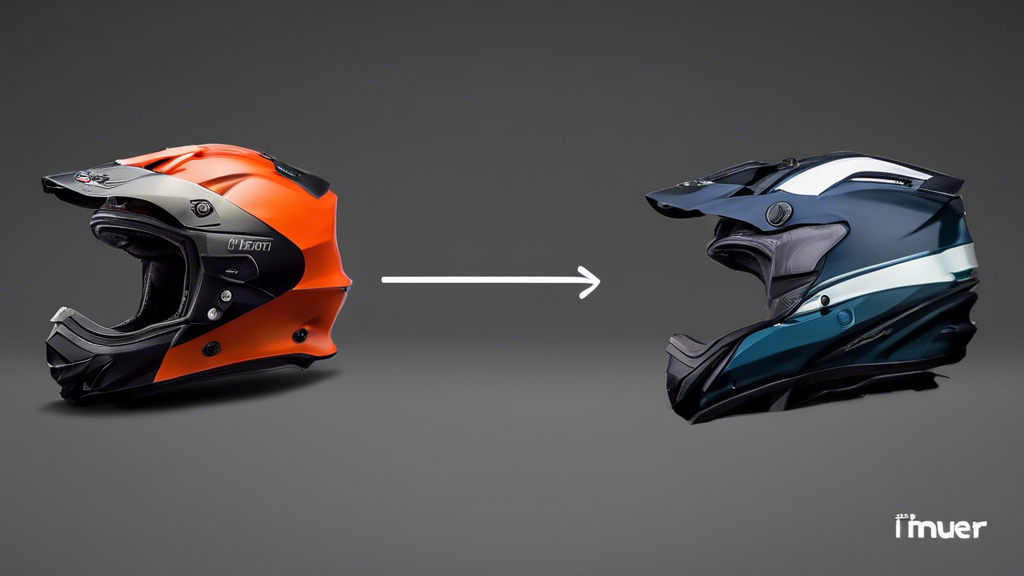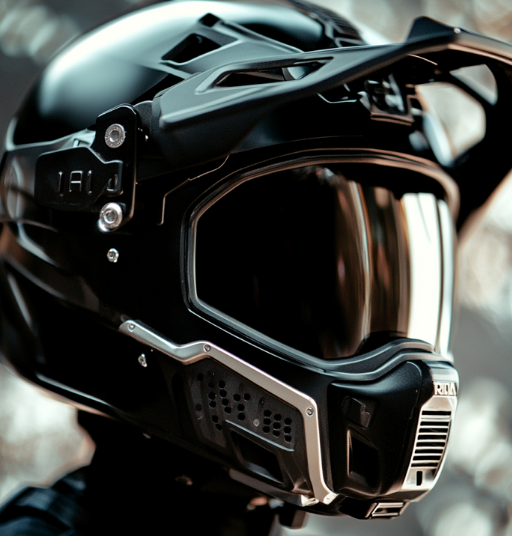When selecting a helmet camera, it’s vital to weigh features that offer reliability, affordability, and top-notch performance. Whether you’re an adventurer capturing every thrilling moment, a cyclist documenting your journey, or simply someone who wants high-quality footage, understanding the critical aspects of helmet cameras can make all the difference. Here is a crafted guide to help you find the best helmet camera tailored to your needs.
Resolution, Stabilization, and Battery: Three Key Criteria
The camera’s resolution and frame rate are fundamental in delivering crisp and immersive video quality. Opt for cameras that can record in 4K at 30fps or higher, such as the WillCam and INNOVV H5, to ensure your footage reflects vivid details. Likewise, image stabilization is crucial for minimizing shakiness and achieving smoother, professional-level clips. Models like the GoPro Hero 12 and Insta360 X4 excel in providing this technology, making them ideal for dynamic environments.
Another essential feature is battery life, which is indispensable for long filming sessions. The WillCam offers approximately 2.5 hours of filming, which is adequate for shorter adventures, while the INNOVV H5 can operate for up to 7 hours with its extended battery pack — perfect for day-long recordings. Assessing battery capacity ensures you capture all critical moments without worrying about power depletion.
Mounting Options, Durability, and Connectivity
Diverse mounting options constitute another vital aspect, offering flexibility in camera placement. The ability to mount a camera on helmets, handlebars, or using clamp-on mounts, as seen in the WillCam and INNOVV H5, allows for versatile perspectives and ease of use across different scenarios. Durability and waterproofing are equally paramount, especially in rugged outdoor conditions. Choose models like the Insta360 X4, which are resistant to water and adverse weather, ensuring longevity and resilience even under challenging conditions.
Connectivity features such as WiFi, remote control, and smartphone app integration further amplify user convenience. These capabilities offer seamless footage sharing and easy camera control, showcased effectively in cameras like the GoPro Hero 12. Such features not only enhance the user experience but enable quick editing and social media sharing, making them essential for tech-savvy users.
Performance in Varied Lighting and Audio Capabilities
Low-light performance is another crucial consideration for those filming during dawn, dusk, or nighttime. Cameras like the Insta360 Ace Pro and DJI Osmo Action 5 Pro stand out for their ability to capture clear and defined images under low-light conditions. This feature ensures that every moment is recorded, regardless of lighting, retaining the vibrancy and clarity of your experiences.
A helmet camera with superb audio quality is indispensable if audio narration or ambient sound forms part of your storytelling. The DJI Osmo Action 5 Pro offers exceptional wireless audio recording, allowing users to maintain high sound quality. Prioritizing audio features is essential, especially when clear sound complements your visual storytelling.
The Importance of Price and User Feedback
Price remains a determining factor for many, requiring a balanced evaluation of features versus cost. Models like the WillCam and Akaso EK7000 Pro provide outstanding value, offering high-end features at competitive prices. This ensures that even budget-conscious enthusiasts can access reliable and high-performing equipment without overspending.
Finally, paying attention to user feedback and reliability, gleaned from reviews and forums, can provide valuable insights into real-world performance. The endorsements and critiques from communities such as the CycleChat Cycling Forum offer practical perspectives, helping you make informed decisions. This knowledge helps pinpoint the strengths and limitations of each model, ensuring your investment matches your expectations.
In conclusion, selecting the right helmet camera requires examining key features that offer the desired balance of quality, durability, and functionality. By understanding aspects such as resolution, stabilization, mounting, and user feedback, you can make an informed decision that aligns with your filming needs and budgetary requirements.


